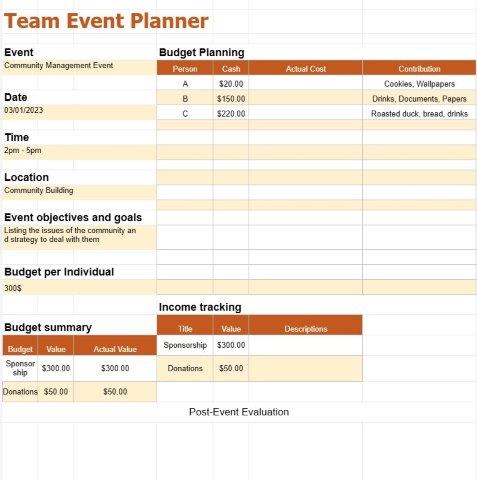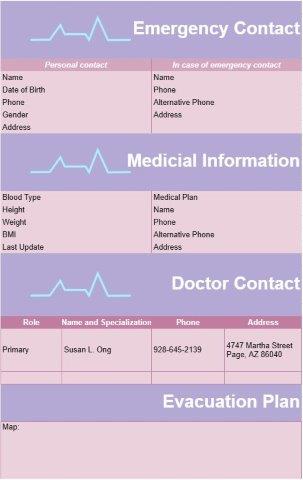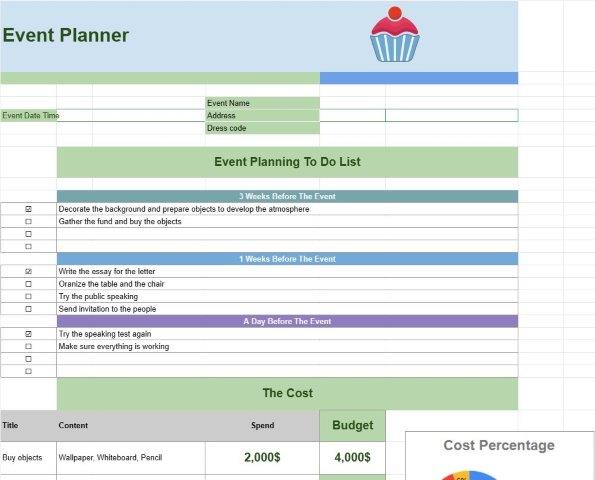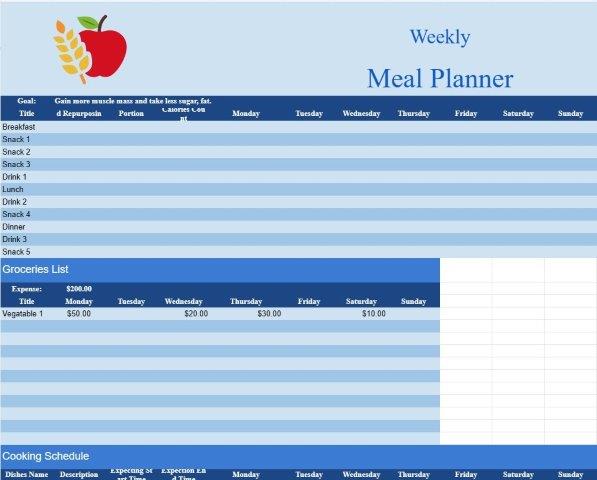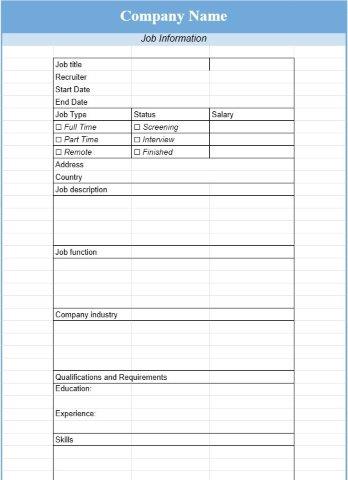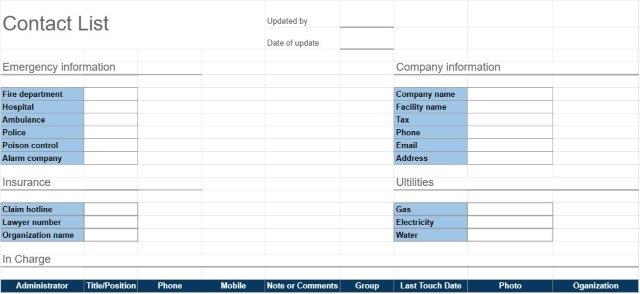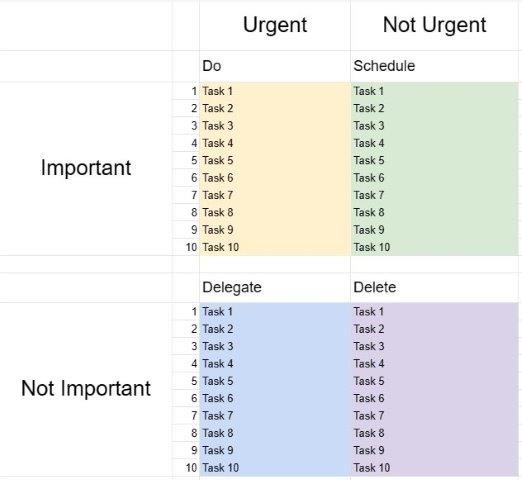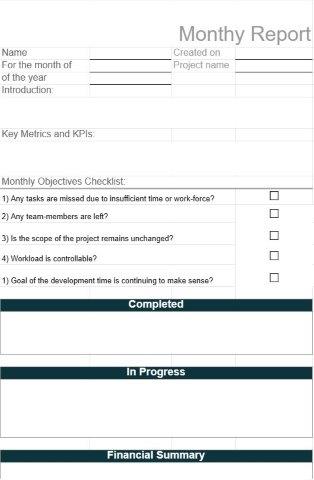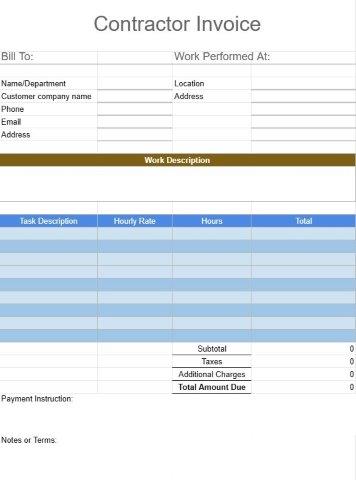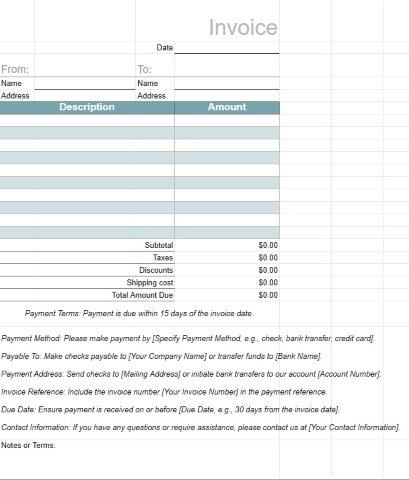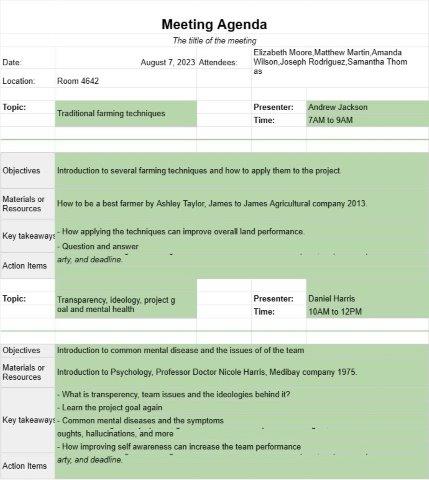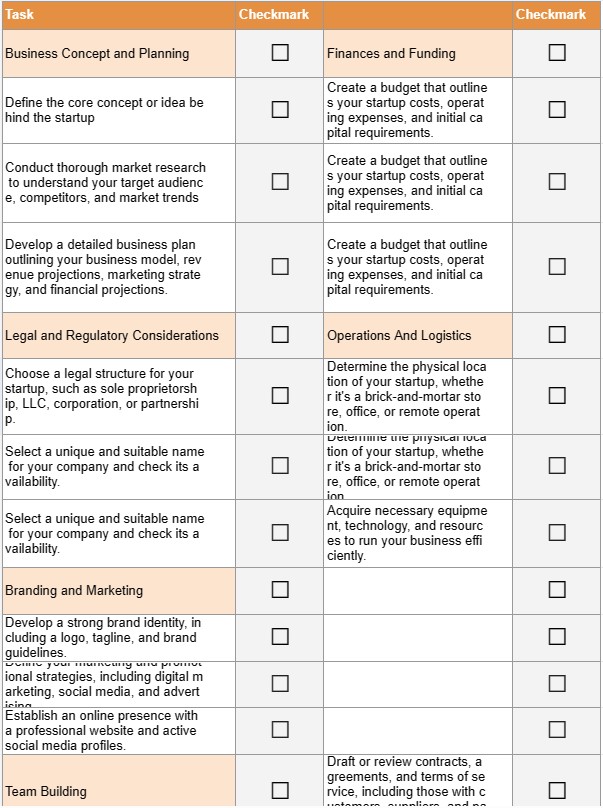

Startup Company Checklist
類別 : 規劃師
Spark a business is not an easy task, and most people believe that it must be planned, and planning can be better if you are using this spreadsheet template to start it.
The Startup Company Checklist Template is a comprehensive and organized tool designed to guide entrepreneurs and founders through the essential steps and considerations when launching a new startup or business venture. Starting a company can be a complex process with numerous tasks and decisions to make. This template serves as a roadmap to help ensure that critical elements are addressed, reducing the risk of overlooking key aspects of startup planning and development.
Let's explore the key components and elements typically included in a Startup Company Checklist Template:
- Business Concept and Planning:
- Business Idea: Define the core concept or idea behind the startup. What problem does it solve, and what value does it offer?
- Market Research: Conduct thorough market research to understand your target audience, competitors, and market trends.
- Business Plan: Develop a detailed business plan outlining your business model, revenue projections, marketing strategy, and financial projections.
- Business Idea: Define the core concept or idea behind the startup. What problem does it solve, and what value does it offer?
- Legal and Regulatory Considerations:
- Business Structure: Choose a legal structure for your startup, such as sole proprietorship, LLC, corporation, or partnership.
- Business Name: Select a unique and suitable name for your company and check its availability.
- Register the Business: Complete the necessary registration and licensing requirements with the appropriate government authorities.
- Startup Budget: Create a budget that outlines your startup costs, operating expenses, and initial capital requirements.
- Funding Sources: Explore funding options, such as personal savings, loans, investors, or crowdfunding.
- Financial Projections: Prepare financial forecasts and projections for at least the first year of operation.
- Brand Identity: Develop a strong brand identity, including a logo, tagline, and brand guidelines.
- Marketing Strategy: Define your marketing and promotional strategies, including digital marketing, social media, and advertising.
- Website and Online Presence: Establish an online presence with a professional website and active social media profiles.
- Location: Determine the physical location of your startup, whether it's a brick-and-mortar store, office, or remote operation.
- Suppliers and Partnerships: Identify suppliers, vendors, and potential business partnerships.
- Equipment and Resources: Acquire necessary equipment, technology, and resources to run your business efficiently.
- Hiring: If applicable, create a plan for recruiting and hiring employees or team members.
- Roles and Responsibilities: Define roles, responsibilities, and job descriptions for your team.
- Training: Develop a training plan to onboard and empower your team members.
- Legal and Contracts:
- Contracts and Agreements: Draft or review contracts, agreements, and terms of service, including those with customers, suppliers, and partners.
- Intellectual Property: Address intellectual property considerations, such as trademarks, copyrights, and patents.
- IT Infrastructure: Set up necessary technology infrastructure, including hardware, software, and cybersecurity measures.
- Data Protection: Ensure compliance with data protection and privacy regulations.
- Launch Plan: Develop a launch strategy, including timing, marketing campaigns, and customer acquisition plans.
- Scaling: Consider how you plan to scale your startup as it grows and achieves milestones.
- Risk Assessment: Identify potential risks and develop strategies to mitigate them.
- Contingency Plans: Prepare contingency plans for scenarios like financial setbacks or market fluctuations.
- Record Keeping: Establish record-keeping systems for financial transactions, receipts, and documentation.
- Tax and Legal Compliance: Ensure compliance with tax regulations and legal requirements.
- Key Performance Indicators (KPIs): Define and monitor KPIs to measure the success and growth of your startup.
- Regular Review: Schedule regular reviews to assess progress and make adjustments as needed.
The Startup Company Checklist Template offers several key advantages for entrepreneurs and founders:
- Structured Planning: It provides a structured framework for startup planning, ensuring that critical steps are not overlooked.
- Comprehensive Guidance: The template covers a wide range of startup considerations, from legal and financial aspects to marketing and growth strategies.
- Organization: It helps entrepreneurs stay organized and on track throughout the startup process.
- Efficiency: By following the checklist, startups can save time and resources and avoid common pitfalls.
- Risk Mitigation: Identifying and addressing risks early on can reduce the likelihood of unexpected challenges.
- Success Planning: The checklist encourages thoughtful planning and goal setting, increasing the likelihood of startup success.
In summary, the Startup Company Checklist Template is a valuable resource for entrepreneurs embarking on their startup journey. By systematically addressing each item on the checklist, startups can enhance their chances of success, minimize risks, and navigate the complexities of the business world with confidence. Remember that adaptability and continuous learning are key to thriving in the ever-evolving startup ecosystem.
輕鬆預覽和下載電子表格模板
查看電子表格模板的完整版本,沒有任何限制,看看您是否喜歡它,然後您可以下載 Excel 模板將其存儲在您的設備上並免費使用。
從任何地方訪問電子表格模板
這適用於所有流行的操作系統,例如 Windows、MacOS、Linux、iOS。您可以查看電子表格模板並下載它們,而無需其他程序。
如何使用模板
按照非常容易遵循的步驟了解如何預覽、下載和使用電子表格模板
更多類似模板
查看更多與所選模板屬於同一類別的電子表格模板。
